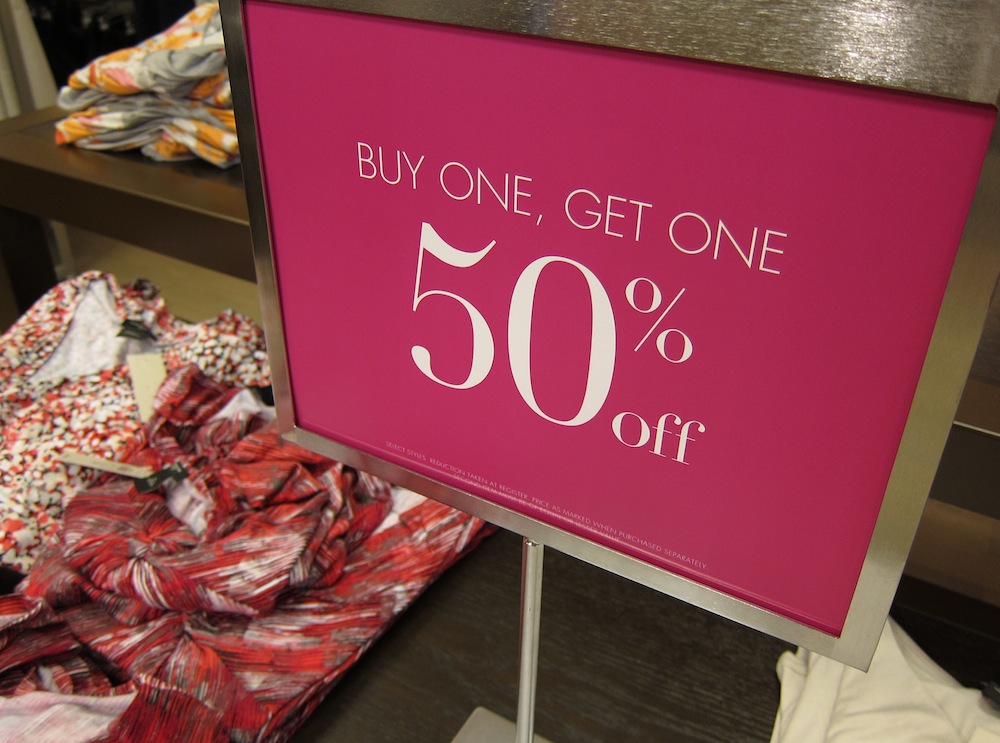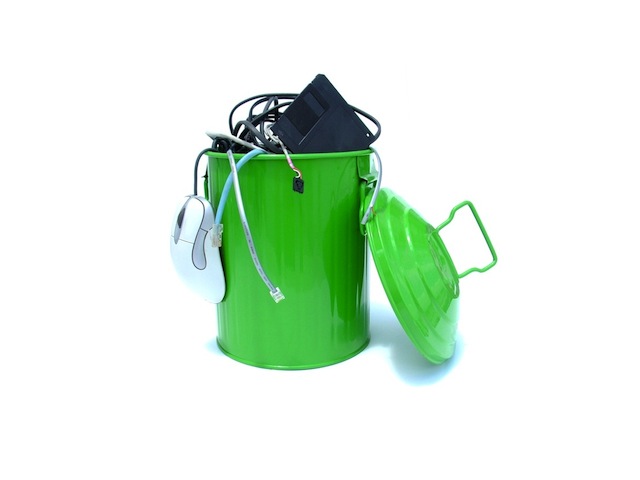The National Broadband Network (NBN) is a project designed to deliver faster and more reliable broadband to Australia’s regions. While a good idea, it’s not without its critics and a fair degree of controversy.
One of the problems the project has is the inability of NBNCo, the company established to build and run the network, to articulate the benefits and scope of the project.
Last Friday night “John from Condobolin” grilled the Gadget Guy, Peter Blasina, about the project. John’s questions, and Pete’s answers, which can be found at 35 minutes into his program, illustrates the confusion the surrounds NBN and the failure of the project’s supporters to explain the benefits.
So how should proponents of the National Broadband Network – people like me who believe that high speed broadband are the freeways and railways of the 21st Century – respond to questions. Let’s answer John’s questions from last Friday.
Lightning might affect fibre networks
John’s first question was about lightning affecting the NBN, commenting when Pete confirmed electrical storms would affect the network that “it’s no better than the existing service.”
Sadly all infrastructure is affected by weather – a freeway is just as affected by fog as a dirt road, perhaps even more so, but it doesn’t mean you don’t build a highway because of that. The same applies for the NBN.
Interestingly the wireless and satellite alternatives proposed to fibre optic cable are even more susceptible to electrical storms, which perversely makes a better argument for running a fibre optic network.
I don’t need any NBN
“I have got quite good reception in Condobolin and I don’t need any NBN, I can assure you” was John’s next big statement.
That’s nice for John that he’s happy with what he has – the rest of us should be so lucky.
For many of his neighbours and those in the surrounding district, particularly those dealing with remote suppliers and overseas markets, reliable and fast communications are essential.
Now is good enough
A farmer doesn’t need broadband for selling into America, he’s able to do that today, was the crux of John’s next comment after he and Pete had an exchange about rolling broadband out to remote locations.
It’s true that farmers can do a lot with today’s satellite and ADSL connections, then again they were able to ship exports in the days of bullock carts and sailing ships. We could extend that argument against railway lines, roads, containers and bulk carriers.
Once upon a time some guy argued against the wheel. Today’s technology has been good enough has always been the argument of those who don’t see the benefits of new tools; we’re talking about tomorrow’s markets and society, not today’s.
Broadband is all about fibre
“You’re talking about satellite dishes and things like that, not NBN.”
The National Broadband Network isn’t just about fibre; fibre optic cables makes up the network’s core and bulk of connections, but wireless and satellite are essential in order to make sure the entire nation has access to the network.
Unfortunately the nonsense argument that technology improvements in wireless will render fibre optics redundant has been allowed to take hold by self-interested politicians and sections of the media pushing a narrow agenda.
Wireless, satellite, fibre optic and other cable technologies are all part of the mix, the real argument is on the proportions of that combination and the consequences to the government’s budget.
Spotting the clueless
As an aside, the cable versus wireless argument is a good yardstick for measuring the knowledge of anyone joining the NBN debate.
Someone clueless arguing against the project says investment in fibre optic cable is unnecessary as it’s speed and data capacities will be one day superseded by those of Wireless networks.
This betrays a failure to grasp the inherent advantage of having a dedicated cable connection to your property as opposed to sharing a wireless base station with hundreds, if not thousands, of others.
Equally anyone pro-NBN who says that fibre is faster because it travels at the speed of light is equally clueless as wireless, copper wire and even smoke signals also travel at – or close to – the speed of light.
Games and videos
“Is this only to watch videos and DVDs?” was John’s last question.
Well, does Condobolin have a video store? A quick Google search shows it does, along with local and satellite TV stations. So the residents of Condobolin are just keen as the rest of us to watch the tube.
Increasingly our viewing habits are moving online and fast broadband is necessary to deliver that. John may be happy to exclude his town from being able to do that, but my guess is plenty of his neighbours would like to have that option.
What’s more, many of those farmers, processors, trucking companies and other service providers in the Condobolin region will need those video facilities for tele-conferencing with suppliers, customers and training companies.
Building for the future
Video conferencing isn’t the only application for what we consider today to be high speed networks, these are going to change society and business in the same way the motor car changed us in the 20th Century and railways and telegraph in the 19th.
Australia made a mess of the railways and the roads, in both areas we’re still playing catch up. The National Broadband Network is an opportunity to avoid the mistakes of the last hundred years and get the 21st Century right.
Unfortunately, the objectives of building a better nation are being lost in a fog of disinformation, political opportunism and corporate incompetence. We can do better than this.
Similar posts:




